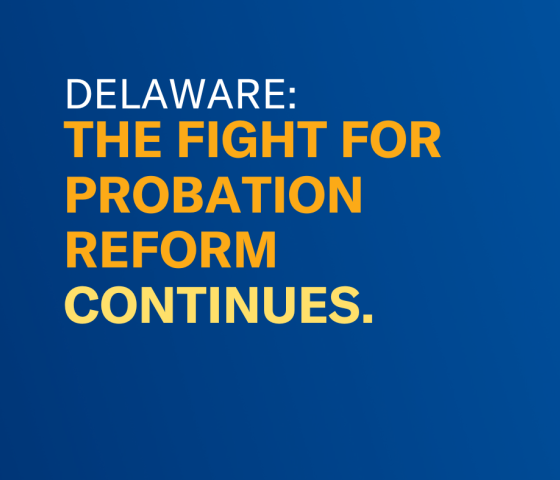
Dr. Payne’s street ethnographic research program examines notions of resilience, structural violence and gun violence with street-identified Black Americans by drawing on an unconventional methodological framework entitled: Street Participatory Action Research (Street PAR)—the process of doing research and activism with street identified populations. Presently, he leads two Street PAR projects on gun violence in the City of Wilmington funded by Christiana Care Hospital; and he leads a national Street PAR project on gun violence in the following five cities: Wilmington, DE; Baltimore, MD; Detroit, Michigan; News Orleans, Louisiana; and Brooklyn, New York City. The name of this national Street PAR project is, “Got The Hammer On Me”: The Socio-Cultural Roots of Gun Violence; and this national study is funded by the National Collaborative on Gun Violence Research and the Arnolds Venture Foundation. Dr. Payne’s research program also focuses on Black racial identity; street identity; Black masculinity; economic and educational opportunity or the impact of structural violence; as well as focuses on Gangster Rap music and culture.
Dr. Payne’s first Street PAR project in Wilmington, Delaware was The People’s Report: The Link between Structural Violence and Crime in Wilmington, Delaware. This study trained fifteen people (20-48) formerly involved with the criminal justice system to empirically document the relationship between economic well-being and gun violence in the Eastside and Southbridge neighborhoods of Wilmington. This study was funded with generous grants issued by the American Recovery Reinvestment Act, the University of Delaware and The United Way of Delaware. To learn more about this project please go to: thepeoplesreport.com. Dr. Payne’s Street PAR projects with Christiana Care Hospital (Street PAR Health Project) are on-going mix-methods studies that examines the relationship between economic well-being, health and violence in the Northside and Westside neighborhoods of Wilmington, Delaware.
Dr. Payne also completed his second video street ethnographic project in Harlem, NYC entitled: The Streets of Harlem: How Black Men in The Streets Adapt to Structural Violence. This independent film project explores the lived experiences of opportunity among street identified Black men in Harlem NYC. Topics include experiences with violence, fatherhood, education, employment, housing, prison re-entry and experiences with police. Also, this research documentary captures how Harlem-based street identified Black men, across generations, frame notions of resilience in relation to structural violence.
Furthermore, Dr. Payne has published a number of peer reviewed journal articles, book chapters and op-eds; and he and his colleague are under contract for a book project entitled: Murder Town USA: Homicide, Structural Violence and Activism.


